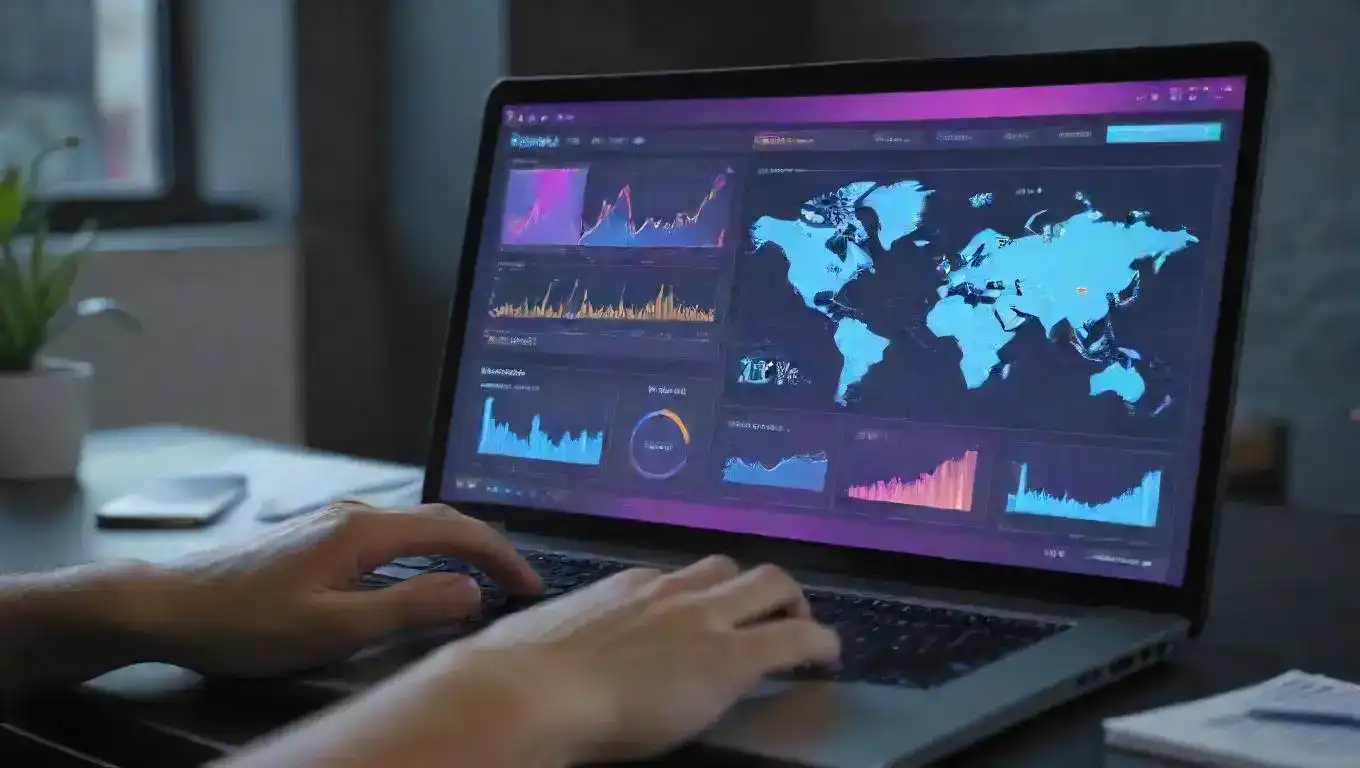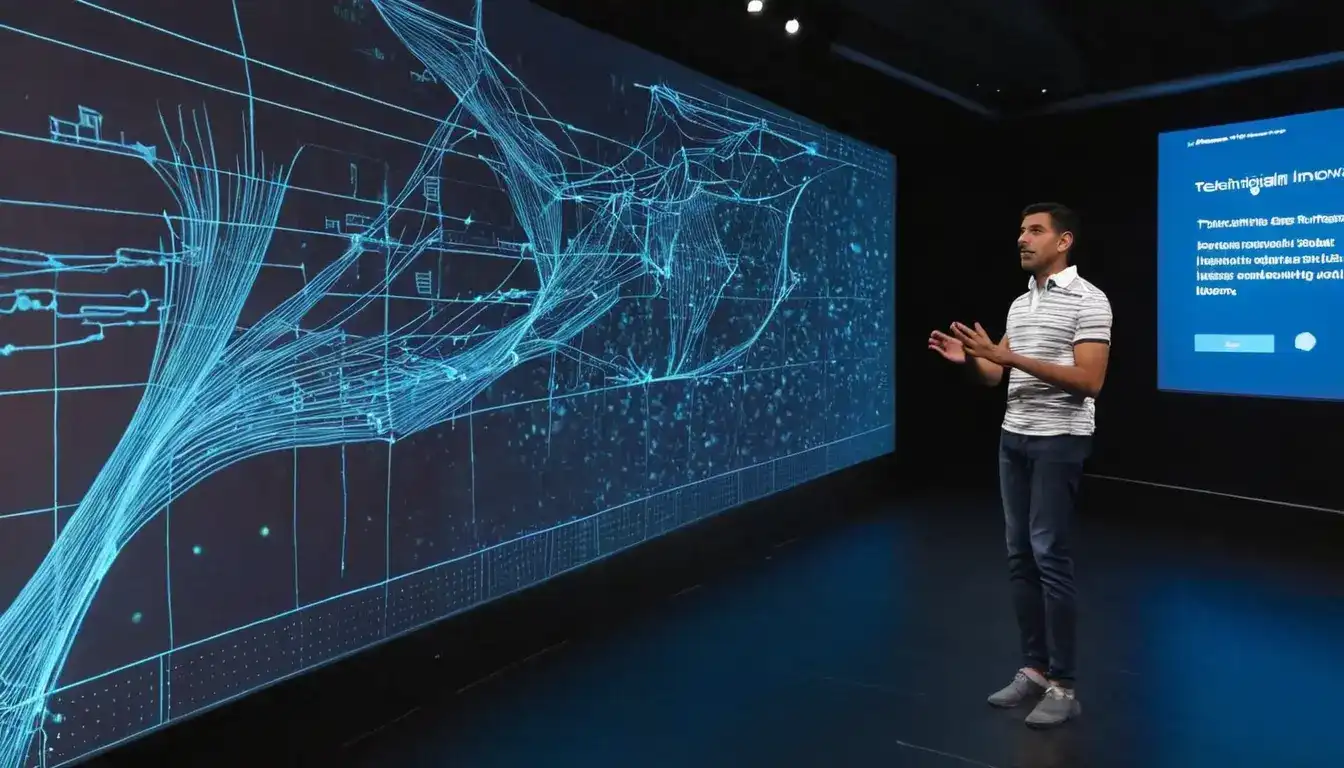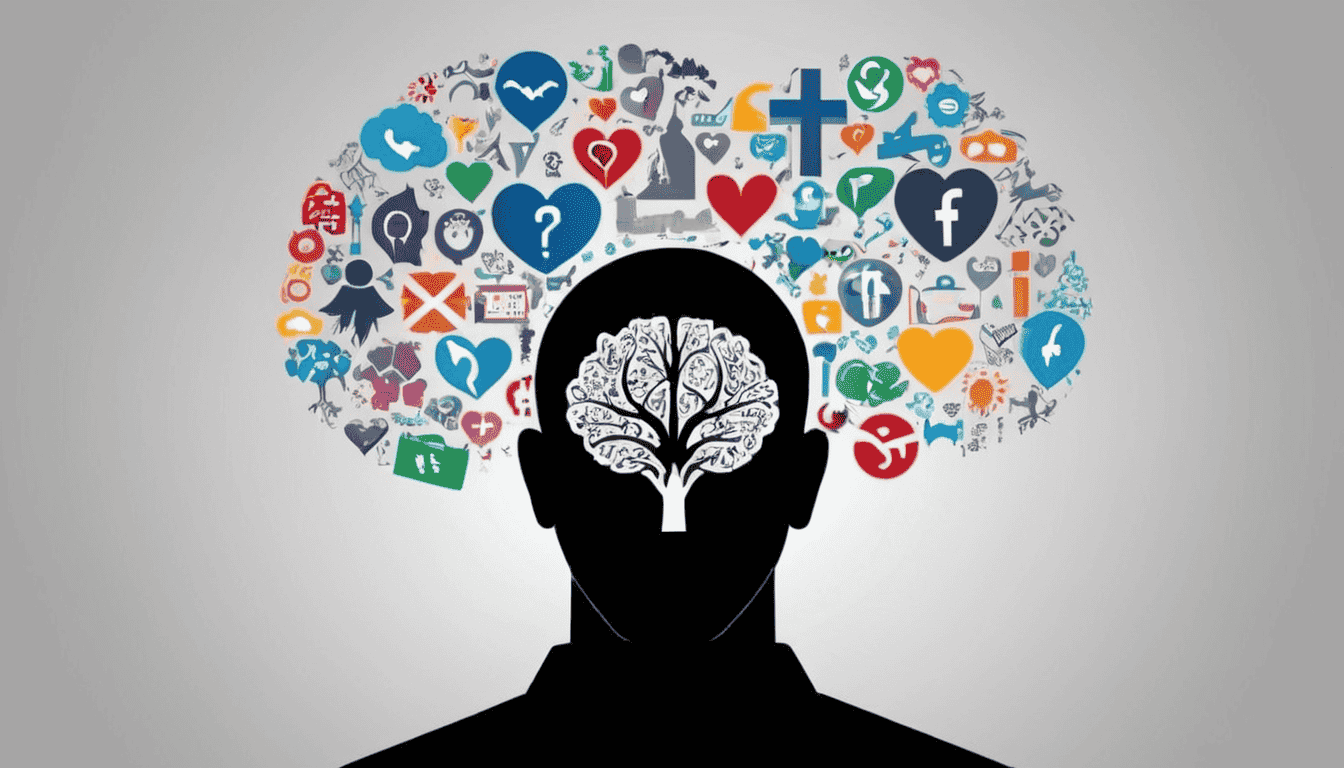The Rise of Edge Computing: Transforming Data Processing
Emily Willis

Photo: The Rise of Edge Computing: Transforming Data Processing
As the digital age progresses, the way we handle and process data is continuously evolving. One of the most significant advancements in this realm is the rise of edge computing. This technology is set to transform data processing by bringing computation closer to the source of data generation. In this article, we will explore what edge computing is, its benefits, and how it is transforming various industries.
What is Edge Computing?
Edge computing is a distributed computing model that brings computation and data storage closer to the location where it is needed. Instead of sending data to centralized data centers or cloud servers, edge computing processes data at or near the source of data generation. This approach reduces latency, saves bandwidth, and enhances the performance of applications.
The Benefits of Edge Computing
Edge computing offers several key benefits that make it a game-changer in the world of data processing:
1. Reduced Latency
One of the primary advantages of edge computing is the significant reduction in latency. By processing data closer to its source, edge computing eliminates the need for data to travel long distances to centralized servers. This results in faster response times and improved performance for applications that require real-time data processing, such as autonomous vehicles, industrial automation, and smart cities.
2. Bandwidth Efficiency
Edge computing helps in optimizing bandwidth usage. In traditional models, large amounts of data are sent to centralized servers for processing, which can strain network bandwidth. Edge computing reduces the need for data transmission by processing data locally, thereby decreasing the amount of data that needs to be sent over the network. This is particularly beneficial for applications that generate massive amounts of data, such as video surveillance and IoT devices.
3. Enhanced Security and Privacy
Processing data at the edge can enhance security and privacy. Since data is processed locally, there is less need to transmit sensitive information over the network, reducing the risk of data breaches and interception. Additionally, edge computing allows for better compliance with data protection regulations, as data can be stored and processed within the geographic boundaries required by law.
4. Scalability and Flexibility
Edge computing provides scalability and flexibility by allowing organizations to deploy computing resources where they are needed most. This decentralized approach enables businesses to scale their operations more efficiently and adapt to changing demands. Edge computing infrastructure can be easily expanded by adding more edge devices, making it a highly adaptable solution for various industries.
Transforming Industries with Edge Computing
Edge computing is revolutionizing a wide range of industries by enabling new applications and improving existing processes. Here are some examples of how edge computing is transforming different sectors:
1. Manufacturing
In the manufacturing industry, edge computing is driving significant improvements in efficiency and productivity. By processing data locally on the factory floor, edge computing enables real-time monitoring and control of production processes. This allows for quick identification of issues, predictive maintenance, and optimization of operations. Manufacturers can reduce downtime, improve product quality, and increase overall efficiency by leveraging edge computing.
2. Healthcare
Edge computing is making a profound impact on the healthcare sector by enhancing patient care and improving operational efficiency. With edge computing, medical devices and sensors can process data locally, enabling real-time monitoring of patients' vital signs and immediate response to critical situations. This technology also facilitates remote patient monitoring, allowing healthcare providers to deliver care more effectively and reduce hospital readmissions.
3. Retail
In the retail industry, edge computing is transforming the way businesses interact with customers and manage their operations. By deploying edge devices in stores, retailers can collect and process data in real-time to gain insights into customer behavior, optimize inventory management, and personalize the shopping experience. Edge computing also enables the implementation of smart shelves, automated checkout systems, and other innovative solutions that enhance efficiency and customer satisfaction.
4. Transportation
Edge computing is playing a crucial role in the transportation sector by enabling real-time data processing for various applications. In autonomous vehicles, edge computing allows for quick decision-making by processing sensor data locally, ensuring safe and efficient operation. Additionally, edge computing is used in smart traffic management systems to analyze traffic patterns, optimize signal timings, and reduce congestion. These advancements contribute to safer roads, improved traffic flow, and reduced environmental impact.
5. Energy
The energy sector is leveraging edge computing to enhance the efficiency and reliability of power generation and distribution. By processing data at the edge, energy companies can monitor and control grid operations in real-time, detect faults, and optimize energy distribution. Edge computing also enables the integration of renewable energy sources, such as solar and wind, by providing real-time data analysis and control for efficient energy management.
Edge Computing in Everyday Life
Edge computing is not limited to industrial applications; it is also transforming everyday life by powering various consumer technologies and services. Here are some examples of how edge computing is enhancing our daily experiences:
1. Smart Homes
Edge computing is at the heart of smart home technology, enabling devices like smart thermostats, security cameras, and voice assistants to process data locally. This allows for faster response times and improved functionality, enhancing the overall user experience. For instance, a smart thermostat can analyze temperature data in real-time and adjust settings for optimal comfort and energy efficiency.
2. Augmented and Virtual Reality
Edge computing is revolutionizing augmented reality (AR) and virtual reality (VR) applications by reducing latency and improving performance. By processing data closer to the user, edge computing enables seamless and immersive AR and VR experiences. This technology is used in gaming, training simulations, remote assistance, and various other applications that require real-time data processing.
3. Wearable Devices
Wearable devices, such as fitness trackers and smartwatches, rely on edge computing to process data locally and provide real-time insights. Edge computing allows these devices to analyze sensor data and deliver instant feedback to users, helping them track their health and fitness goals. This technology also enables features like continuous heart rate monitoring and real-time notifications, enhancing the functionality of wearable devices.
Conclusion
The rise of edge computing is transforming data processing by bringing computation closer to the source of data generation. This technology offers numerous benefits, including reduced latency, bandwidth efficiency, enhanced security, and scalability. Edge computing is revolutionizing various industries, from manufacturing and healthcare to retail and transportation, by enabling real-time data processing and improving operational efficiency.
As edge computing continues to evolve, we can expect to see even more innovative applications emerge, further enhancing our daily lives and transforming the way we interact with technology. Embracing edge computing will be key to unlocking new opportunities and staying competitive in the rapidly changing digital landscape.
Latest ✨
View AllDiscover the essential qualities required to become a successful leader, from integrity and empathy to communication and adaptability. Learn how to develop these traits to inspire and motivate your team
Emily Willis
top digital marketing trends for 2024, including the rise of AI, the importance of user experience, video marketing dominance, influencer marketing, privacy and data security, sustainability and ethical marketing, and emerging trends like AR/VR, metaverse marketing, blockchain, and NFTs. Specific strategies are provided for leveraging AI for personalized customer experiences, enhancing user experience for mobile users, creating engaging video content, building authentic influencer partnerships, prioritizing data privacy and security, integrating sustainability and ethical practices.
Emily Willis
Europe is full of rich culture, with ten cities offering enriching cultural experiences. From the romance of Paris to the splendor of Rome and the artistic flair of Barcelona, each city has its own unique charm and heritage.
Emily Willis
Proper nutrition is essential for optimal brain function during exams. Foods rich in complex carbohydrates, lean protein, healthy fats, and hydration can help maintain energy levels and focus. Smart snack options during exams include fresh fruits, vegetables with hummus, trail mix, yogurt with granola, and dark chocolate.
Emily Willis
Business
View All
August 4, 2024
Building a Consistent and Inspiring Personal Brand Through Online PlatformsIn today's digital age, it is important to establish a strong personal brand in order to stand out in a competitive landscape. This can be done by following practical steps such as defining your brand identity, identifying your target audience, creating a compelling online presence, crafting quality content, engaging with your audience, leveraging social media effectively, networking and collaborating, monitoring and adapting, showcasing your authenticity, and seeking professional guidance if needed. Building a personal brand requires dedication, authenticity, and strategic planning, but it can lead to a memorable and influential brand that resonates with others in the digital world.
Emily Willis

August 4, 2024
Strategies for Effective Business Growth in a Competitive Marketimportance of strategic planning, innovation, and understanding market dynamics for businesses to achieve sustainable growth in a competitive market. It covers strategies such as customer focus, innovation, marketing, partnerships, financial management, technology, employee engagement, and sustainability.
Emily Willis
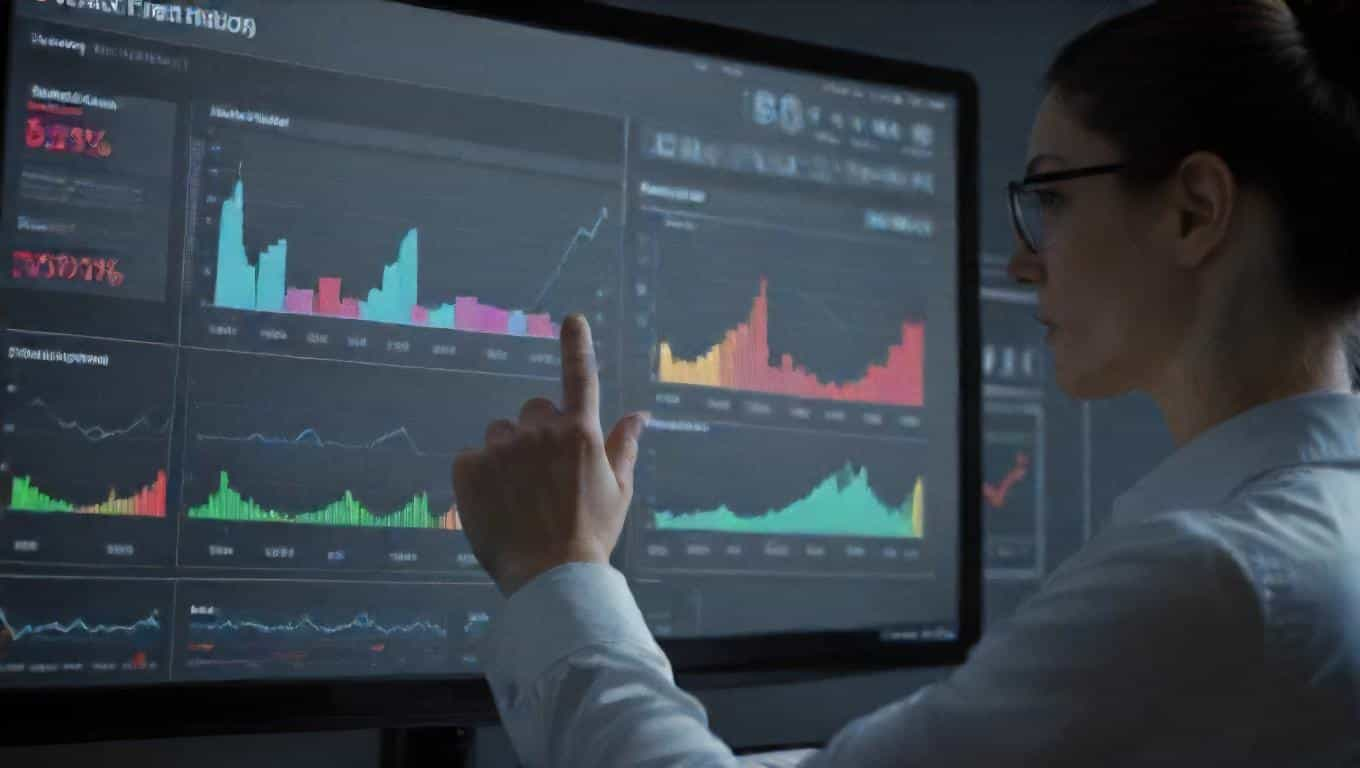
August 5, 2024
Tips for Choosing the Right Investment Product for Your Needsprovides guidance on investing money, starting with understanding financial goals and risk tolerance. It explains different investment options such as stocks, bonds, mutual funds, ETFs, real estate, and retirement accounts, and emphasizes the importance of diversification.
Emily Willis
Economy
View Allimpact of inflation on households and businesses, outlining the causes and consequences of rising prices. It provides strategies for both households and businesses to cope with inflation, such as budgeting, seeking deals, and negotiating with suppliers. The importance of collaboration and communication between governments, businesses, and consumers is emphasized, along with the need for long-term investments in infrastructure, skills development, and sustainable practices.
Read MoreGlobalization has a profound impact on the economies of developing countries, offering both opportunities and challenges. By increasing access to markets, facilitating technology transfer, creating jobs, and promoting cultural exchange, globalization can drive economic growth and development. However, addressing the challenges of economic inequality, loss of domestic industries, environmental impact, and cultural homogenization is essential to ensure sustainable and inclusive growth. By adopting strategic measures and fostering international cooperation, developing countries can maximize the benefits of globalization and build a brighter future
Read MoreThe digital economy has the potential to bring economic growth and innovation to developing countries, but there are several challenges that need to be addressed. These challenges include inadequate digital infrastructure, a digital divide that exacerbates inequalities, complex and outdated regulatory frameworks, cybersecurity risks, and limited access to financial services. However, there are opportunities for enhancing financial inclusion and economic growth. These opportunities include mobile and digital payments, implementing digital identification systems, e-commerce and market access, digital skills development, and public-private partnerships. By addressing these challenges and embracing the digital revolution, developing countries can unlock new opportunities for economic empowerment and inclusive growth.
Read MoreEntertainment
View All
August 5, 2024
Entertainment in Society: Social Impact, Cultural Influence, Economic ContributionsEntertainment is more than just a way to pass the time it has a significant impact on society, culture, and the economy. It promotes empathy, sparks conversations, and drives social change. It reflects and shapes cultural trends, while also preserving traditions. The entertainment industry generates jobs, contributes to economic growth, and drives technological innovation.
Emily Willis

August 4, 2024
Virtual Music Concerts: The Future of Live Performance?The music industry has seen significant changes in recent years, with virtual music concerts becoming a popular trend, especially due to the impact of the COVID-19 pandemic. Technological advancements have made virtual concerts more accessible and cost-effective, while also reducing the environmental impact of live events. However, challenges such as technical issues and the lack of physical presence remain. The future of virtual concerts may involve hybrid models that combine virtual and physical experiences, as well as continued technological innovation to enhance the quality of virtual performances. Building a sense of community and engagement will also be crucial for the success of virtual concerts moving forward.
Emily Willis

August 4, 2024
The Evolution of Streaming Services Such as Netflix, Disney+, Hulu, and the Implications for the Traditional Entertainment IndustryThe rise of streaming services has revolutionized the entertainment industry, offering on-demand access to a vast library of content through internet-connected devices. Platforms like Netflix, Disney+, and Hulu have diversified their content libraries, reshaped consumer behavior, and challenged traditional distribution models. Technological advancements have enhanced streaming experiences, while economic and cultural implications have led to global market expansion and increased investment in original content production. The future of the streaming industry will be shaped by competition, convergence of media and technology, and the need for adaptation to changing consumer preferences. Embracing digital transformation and strategic partnerships will be crucial for stakeholders in navigating the evolving landscape of modern entertainment.
Emily Willis
Health
View Allmaintaining good health and well-being through nutritional choices. A balanced diet, incorporating whole foods, staying hydrated, consuming nutrient-dense foods, managing portion sizes, practicing mindful eating, eating regular meals and snacks, considering supplements, and adopting sustainable eating practices are all highlighted as effective strategies for enhancing overall.
Emily Willis
Preventive healthcare focuses on strategies to prevent disease and maintain well-being, rather than just treating illnesses after they arise. It helps identify risk factors early on, allowing for interventions that can prevent or delay the onset of chronic diseases.
Emily Willis
significance of mental health awareness in today's fast-paced world. It discusses the importance of understanding mental health, breaking down stigma, and promoting positive mental health practices.
Emily Willis
Trending 🔥
View All
1
2
3
4
5
6
7
8
10
Lifestyle


Sports
View AllAugust 5, 2024
Sports for Social Good: Promoting Diversity, Inclusion, and Community Engagement
Read MoreTechnology
View All
August 5, 2024
Top Unity Software Development Trends to Watch in 2024
Explore the top Unity software development trends that will shape the gaming industry in 2024. From AI integration to VR/AR immersion, cross-platform reach, cloud collaboration, and mobile gaming, Unity is revolutionizing gaming experiences. Stay ahead in the dynamic world of game development with these insights.

August 4, 2024
Amidst Economic Uncertainty, Businesses Adapt and Innovate for Survival
The business world can be unpredictable, but companies can thrive by embracing adaptation and innovation. Understanding market trends, economic indicators, and global factors is crucial for charting a successful course.
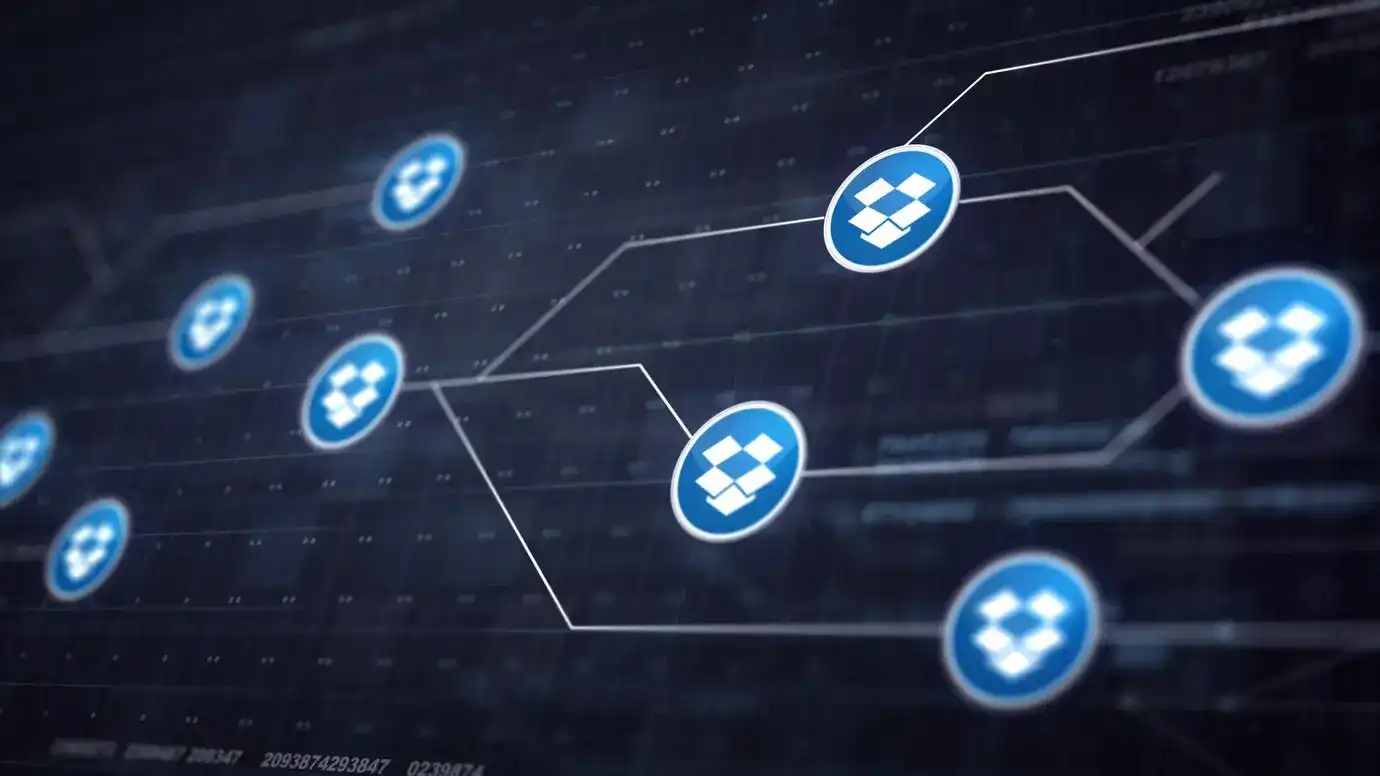
August 5, 2024
The Future of Blockchain and Its Impact on Society
Blockchain technology, originally developed for cryptocurrencies like Bitcoin, has evolved into a versatile tool with the potential to revolutionize various industries beyond finance. Its decentralized and transparent nature offers solutions to challenges faced by societies worldwide. Blockchain's impact on society is poised to be transformative across multiple domains, including enhanced security, data integrity, decentralization, supply chain transparency, digital identity, and financial inclusion.

August 5, 2024
Oculus Quest 2 vs HTC Vive Pro – Which Should You Choose?
Oculus Quest 2 vs HTC Vive Pro – which VR headset reigns supreme? Dive into this ultimate showdown to discover the strengths and weaknesses of each, and decide which one is worth your investment. From specs and comfort to content and price, we'll help you make an informed choice.

